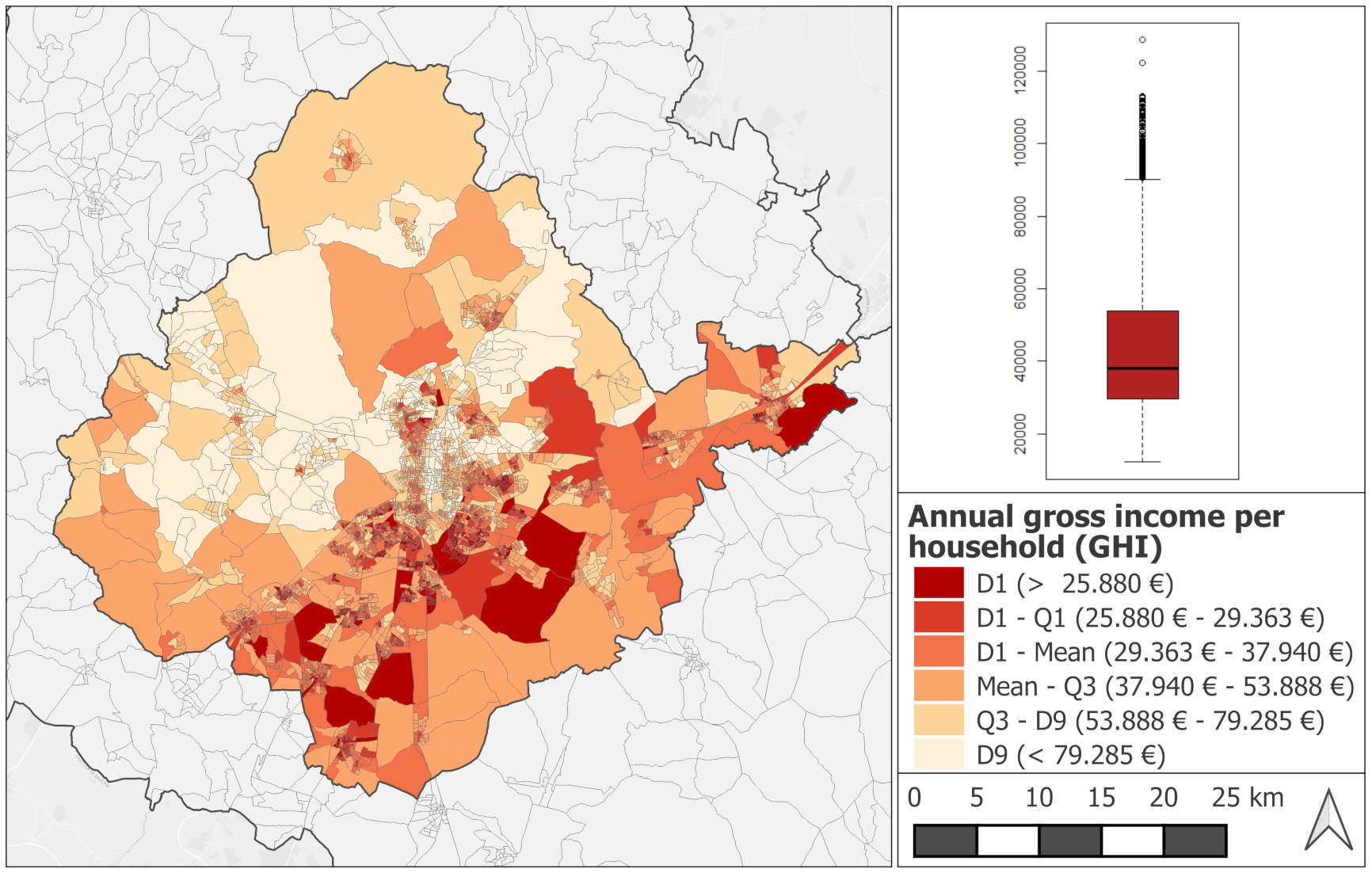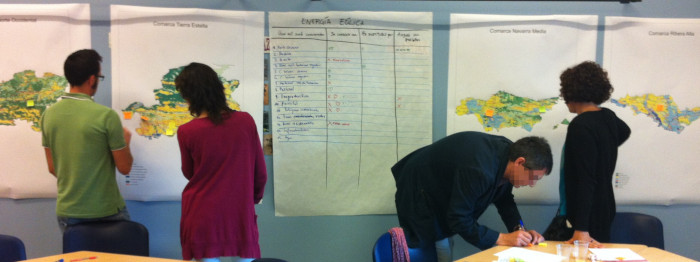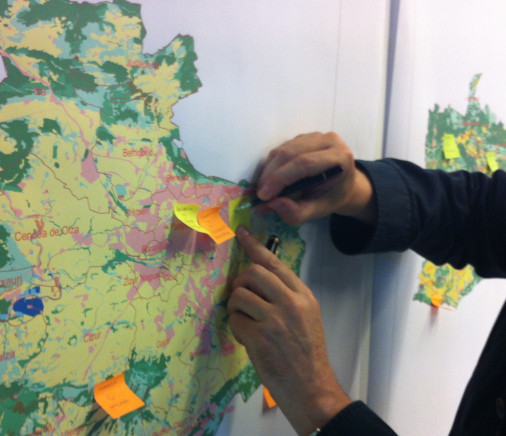
Integrated Modelling of Socio-environmental Transitions (IMOSET)
Aims and approaches The IMOSET group works at the interface of social, natural and policy sciences, anchored in the interdisciplinary school of integrative research. Integrative research seeks to link natural science-based understandings of the world with inclusive and humanistic approaches to knowledge construction that seek input from diverse stakeholders, including communities, institutions and individuals. 1. Spatial analysis and modelling The group applies state-of-the-art spatial analysis and modelling approaches top understand social-environmental systems and their change drivers, impacts and consequences. We use spatial analytical techniques like geographically weighted regression and bivariate spatial correlation analysis to understand the relationship between environmental variables and human populations. We develop dynamic spatiotemporal models, for example, of the dispersion of human populations in the ancient past, the transmision of infectious animal diseases, or the feedbacks between forest carbon stocks and land use under climate change. 2. Participatory approaches Participatory Modelling and Scenario Development approaches are central to the work of the group. Participatory modelling is an “interface” activity connecting hard and soft sciences, while scenario development approaches are multidisciplinary and multi-sectorial, bringing knowledge held by non-scientists to inform decision-making. Integrative research approaches are essential to enable successful knowledge exchange at the interface between science and policy, a prerequisite for successful implementation of positive environmental outcomes.
Left: Average income per censis tract, Madrid 2015-18; Right: Participatory modelling activities with stakeholders in Spain Further reading
|
 |
 |
 |
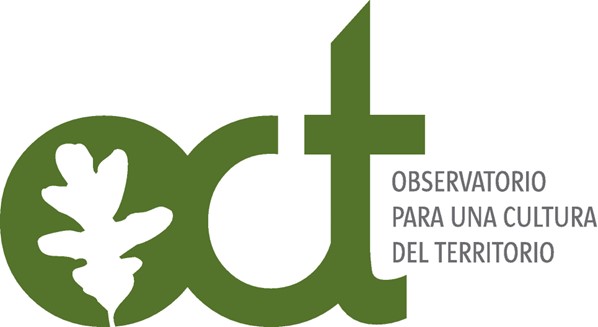 |
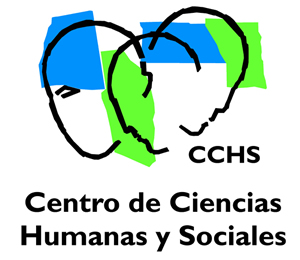 |
 |
 |
